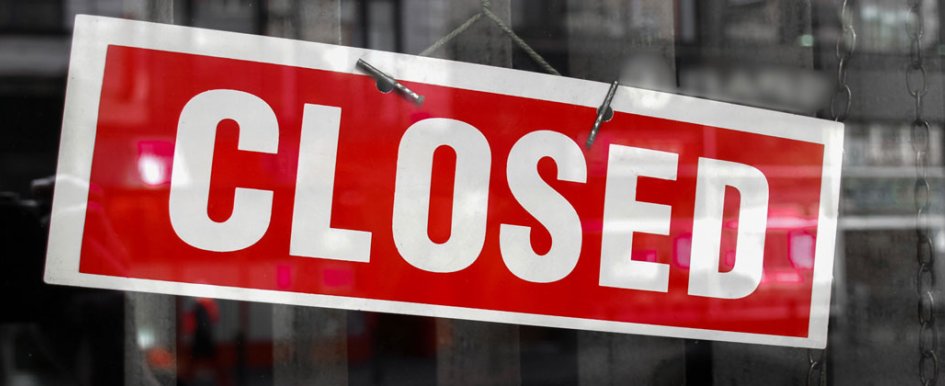
In an alert issued April 16, 2018, the United States and the United Kingdom published a report advising organizations and individuals worldwide that Russians were attempting to access devices controlling the flow of internet traffic.
One day later, the Federal Reserve reported that during last year’s record-breaking, weather-related disasters, 65 percent of affected companies attributed their financial losses to power or utilities outages.
If your construction company loses internet access for an extended period of time, whether it’s due to Russian hackers or weather-related power outages, it will be protected against financial loss only if your business operations are covered by business interruption insurance.
Prepare for the Worst
In the case of last year’s weather-related events, most affected businesses did not have business interruption coverage.
According to a 2017 Federal Reserve report, “Firms’ insurance holdings appear to be mismatched to the sources of their damages, leaving uncovered losses.” While 65 percent of the businesses affected by the calamitous events pointed to loss of power or utilities as the source of their financial losses, only 17 percent were covered by business interruption insurance—also known as business income insurance—at the time of the event.
Of the companies suffering financial losses due to the outages, those either without business interruption insurance coverage or inadequate limits for business interruption insurance had no choice but to rely on personal wealth, personal and business credit cards, business cash, Small Business Administration (SBA) loans, loans from friends and relatives, federal relief funds, or some other source of external funding.
Under the best of circumstances, construction businesses experiencing a business interruption due to an external event are challenged to rebound. According to a report issued by the Federal Emergency Management Agency (FEMA), 40 percent of businesses do not reopen following a disaster. On top of that, another 25 percent fail within one year following the event. Business interruption coverage can greatly decrease the odds of total business loss.
Understand the Difference
What are business interruption insurance and extra expense insurance? Let’s start by describing standard property insurance, which covers physical damage and losses to a business. These losses may include furniture and equipment burned in a fire, an office building damaged by a fallen tree, stolen equipment, stolen merchandise, broken windows, or a restroom ruined by a broken pipe, etc.
Standard property insurance coverage can help the business to recover from damage and loss by paying the costs of rebuilding or replacing the damaged tangible property. But what about losses resulting from a construction business’s inability to operate because of property damage? For this type of loss, business interruption insurance is needed. Generally, business interruption insurance will cover three types of losses:
- Revenue lost due to a business closure
- Fixed expenses, including rent, utility and payroll costs
- Extra expenses resulting from a shift of operations to a temporary location
To determine a business interruption loss amount, you must be able to establish what the business would have earned had the event not occurred.
Insurance companies will take into account past tax returns, profit and loss statements, projected sales and non-continuing expenses. To properly project losses, the affected company should keep accurate records on file. It is important to note business interruption coverage cannot be purchased as a standalone policy; it can only be purchased as part of property coverage.
It is also important to note that business interruption coverage must be related to the underlying policy, as the coverage will only extend to causes of loss (events) outlined in the core coverage. For example, business interruption coverage for a cyberattack can only be purchased with an underlying cyber insurance policy.
Find An Expert
As in all insurance policies, there are limitations and exceptions to business interruption coverage. The policy must be carefully written according to the unique needs of your business. The best place to start is with the help of a broker with whom you have established a trusting relationship. He or she will understand both your business needs and your present coverages, along with having wide insurance marketplace access, which will serve to support your goals.
